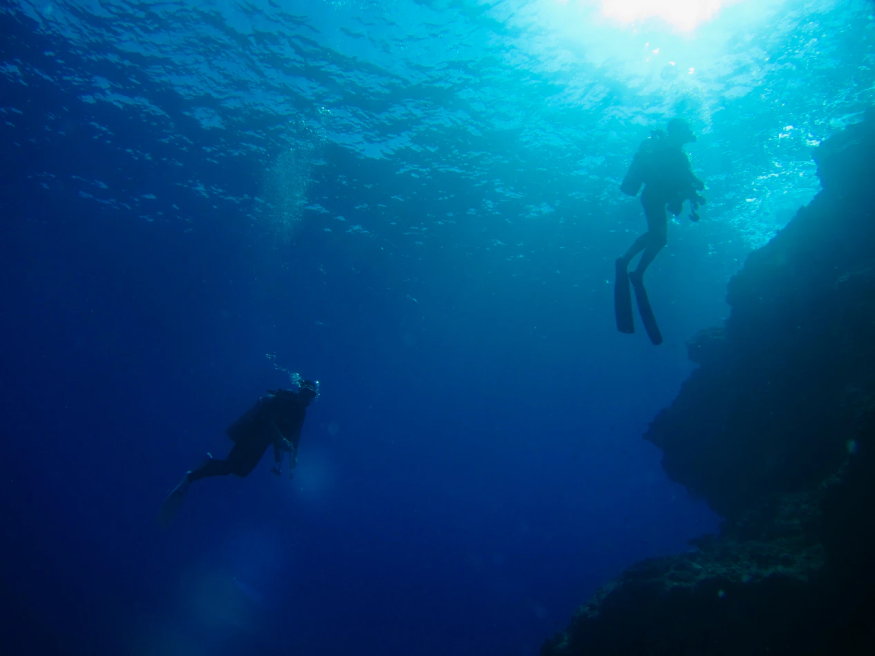
Scuba diving is can be a dangerous hobby that may easily lead to injury or even death if you are not prepared. The worst part is that a fatal accident is typically not the result of one single mistake that puts you in a deadly scenario. Instead, it can usually be chalked up to a series of easily made mistakes that build upon one another. The most important thing to do is make sure that every piece of equipment is maintained and rule followed accordingly. But accidents can still occur for some very basic reasons.
Poor Setting and Environment
When out in the open water, you are surrounded by a hostile environment that hosts a slew of potential hazards and issues. The waters surrounding you can change in moments and for the unprepared, these changes can lead to a problem becoming fatal. It is vital for all divers to make sure that they check a water's temperature, depth, level of visibility, and so on in order to make sure conditions are as safe as possible. Diving during stormy weather is incredibly hazardous and can lead to serious currents hitting them below the surface. There is also the matter of water temperature's effects on the human body. With warm water diving being a much different experience from cold water diving, the shock of the change leading to your body's chemistry reacting poorly to the new environment.
Improper Preparation and Training
Divers who are untrained or have not prepared their bodies for a dive can be in trouble during an emergency situation. Being out of practice or just plain physically incapable of handling the underwater environment can lead to shock, narcosis, and an inability to fight against underwater currents. If you have any pre-existing conditions, then that it also a common factor in a diver being unable to handle the experience. Issues like pre-existing injuries, dehydration, obesity, high blood pressure, or even colds and allergies can quickly become big problems underwater. Something as small as chest congestion can lead to shortness of breathe underwater where even breathing is critical to your survival.
Poorly Following Procedures and Directions
Practicing before a dive is an absolute must and can make sure you stay calm and safe if something big does happen. A lack of experience is a huge part of many accidents and it can lead to panic when instead a calm reaction can solve the issue. Diving can be stressful and when you are confused with no knowledge or instincts to fall back on, then it can be made much, much worse. It's best to stick within your lane and dive within the parameters of your knowledge. Ascending, descending, decompression stops, and most importantly of all, air supply monitoring, are all incredibly important parts of a dive. Each part needs to be understood intimately before you allow yourself to push a dive further.
Avoiding These Issues
Your best option for avoiding these issues and preventing an accident is to take things slow and make sure to understand your limitations. Practice when you can and dive within the field of your knowledge, not beyond. Pushing yourself when you are not ready is incredibly dangerous and potentially fatal. If an accident does occur, be sure to get in touch with the right accident lawyers to make sure you are legally protected and represented in court. They will be able to help you understand your legal right and push for compensation for faulty equipment or faulty assistance.
This article is copyrighted by Travelers Today, the travel news leader



